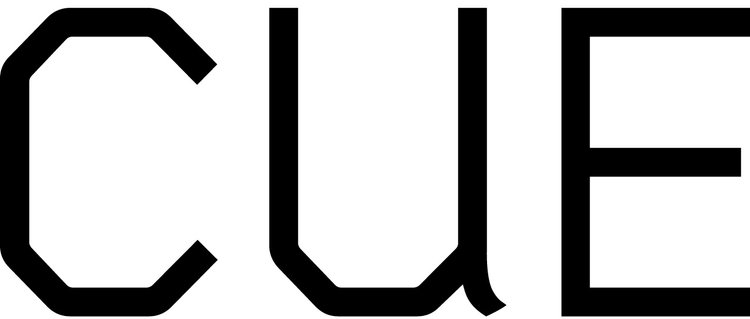Embodied Scores: Methods of Archiving
Method as Trace
with Ann Butler and Cori Olinghouse
Thursday, October 10, 6:30-8pm
60 minutes with time after for Q&A
FREE
**This event as at capacity. An RSVP does not guarantee a seat, though we will prioritize any accessibility needs in regards to seating.
In a conversation about different approaches and methods of working with archives, Cori Olinghouse and Ann Butler, Director of the Library and Archives at the Center for Curatorial Studies, Bard College develop a poetic lexicon and way of thinking around the archiving of curatorial projects, time-based media, and performance practices. Moving through a series of words, gestures, and tempos to metaphorically unpack archival concepts, they explore what it means to physically encounter an archive.
Ann Butler is the Director of the Library and Archives at the Center for Curatorial Studies at Bard College. For the past twenty years she has held positions within academic research libraries and museum archives and she has been instrumental in the building of several archival programs and research collections including the Library & Archives at the Center for Curatorial Studies at Bard College, the Downtown Collection at the Fales Library & Special Collections, NYU, and the Guggenheim Museum Archives. She serves as faculty at CCS Bard and lectures widely on subjects including: contemporary art archives methodologies and practices, intellectual property within the contemporary arts, and moving image preservation. She holds a BFA from the School of the Art Institute of Chicago, an MA in Media Studies from the New School, and an MLS from Rutgers University.
Cori Olinghouse is an interdisciplinary artist who works at the intersection of performance, archives, and visual storytelling. In 2017 she founded Portal as a way to explore the knowledge that arises in performance and improvisational systems towards the trajectory of social action. Her approach to performance archiving has been celebrated at the Museum of Modern Art, Duke University, Bard College, and Wesleyan University. As part of this work, she’s engaged in a constellation of projects with artist Autumn Knight, choreographers Jean Butler, Yanira Castro, Mina Nishimura, Kota Yamazaki, Rashaun Mitchell + Silas Riener, Melinda Ring, Gwen Welliver, and visual and performance artist Sylvia Palacios Whitman. Recently, Olinghouse collaborated with video artist Charles Atlas on a moving image installation of Trisha Brown’s archival materials for Judson Dance Theater: The Work is Never Done, an exhibition for the Museum of Modern Art. Formerly, as archive director for the Trisha Brown Dance Company, she developed a cataloging and preservation initiative to assist in the legacy planning for Brown’s company and archive (2009-2018), a company she danced for from 2002-2006. She holds an MA in Performance Curation from the Institute for Curatorial Practice in Performance at Wesleyan University, and serves as visiting faculty at the Center for Curatorial Studies at Bard College.
Embodied Scores: Methods of Archiving is a series of collaborative lectures organized by Cori Olinghouse on behalf of The Portal (Portal) with Shona Masarin. This series explores multiple entry points into Portal, a living archives initiative, research studio, and visual storytelling platform formed in 2017 by artist, archivist, and curator Cori Olinghouse. Joined by acclaimed archivist and curator Ann Butler, filmmaker and visual artist Jules Rosskam, and choreographers Rashaun Mitchell and Silas Riener we contemplate distinctions across theory and practice, preservation and the ephemeral.
CUE Art Foundation is wheelchair accessible. Service dogs are welcome. There is an all-gender, ADA compliant, single stall bathroom in the gallery. The space is not scent-free, but we do request that people attending come low-scent. The closest wheelchair accessible MTA subway stations are Penn Station and Herald Square Station.


